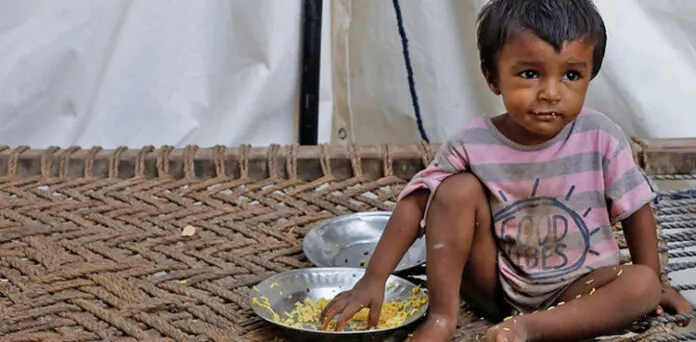The World Bank on Wednesday released a report stating that the brain growth of children below the age of five is affected due to malnutrition.
The report added that the mental well-being of children under the age of five is very important, while the first 1,000 days after birth are crucial as 80 percent of a child’s brain is a development process,
however, the report stressed that the children in Pakistan aged below five often raised with the livestock animals.
According to the report, the children suffering from food and water insecurity are also living a miserable life with no access to basic healthcare and toilet facilities.
The report added that the mental well-being of children under the age of five is very important, while the first 1,000 days after birth are crucial as 80 percent of a child’s brain is a development process,
however, the report stressed that the children in Pakistan aged below five often raised with the livestock animals.
World Bank in its report emphasized that 45 percent of child mortality in Pakistan is due to the lack of nutrition, Children suffering from malnutrition often consume dirt which may contain the waste of the
livestock.
The report revealed that at least 50 percent of the water available to drink in Sindh contains bacteria, meanwhile, due to the lack of hygiene knowledge, the mothers working with livestock feed their children without washing their hands.
World Bank stressed the importance of collecting data on food insecurities in Pakistan and initiating programs on an urgent basis to address children’s nutrition in the country.
The report recommends that the federal and provincial governments in Pakistan prioritize the programs for children’s health, however, an annual budget of 3 to 4 billion dollars will be required for children’s
health for the next 15 years.—NNI










